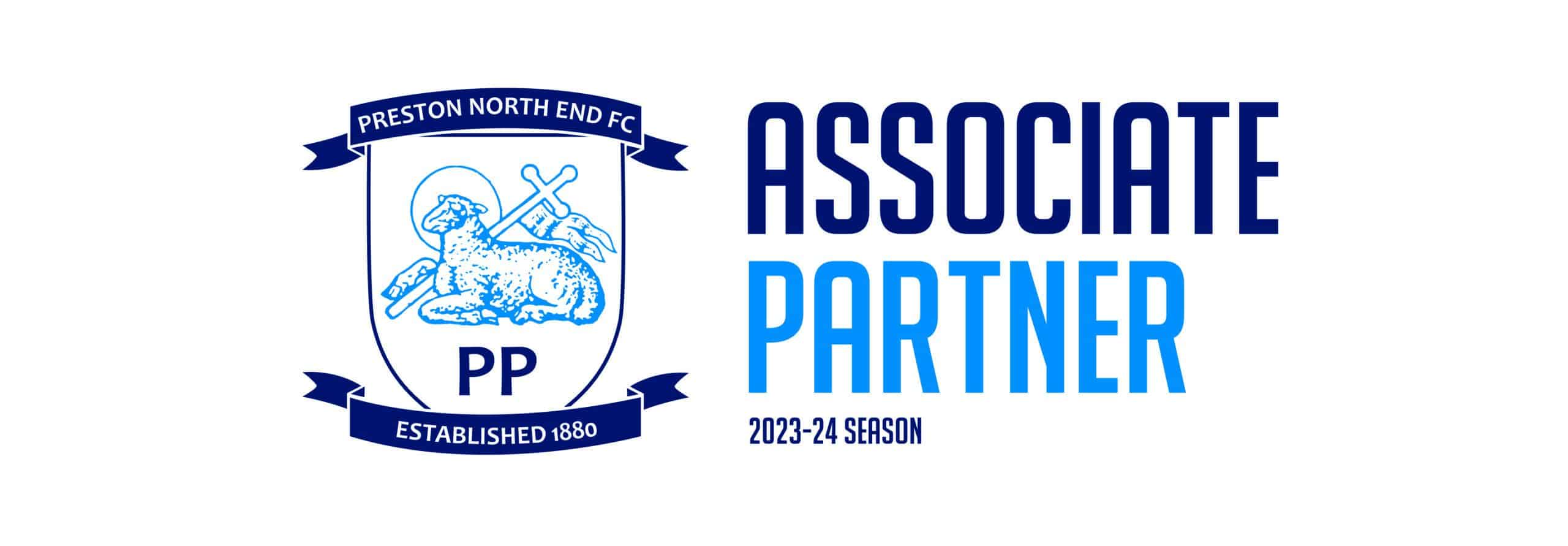What Income do Mortgage Companies look at if you are Self-Employed
- Expert Mortgage Advice
- Thousand of Mortgage Product
- Speak To Us To See If We Can Help
Get in touch today for a free, no-obligation chat about how we might be able to help you.
Home » Self Employed Mortgages » What Income do Mortgage Companies look at if you are Self-Employed
What Income do Mortgage Companies look at if you are Self-Employed?
What counts as self-employed?
You need to own at least 20-25% of a business or company which is your main source of income to be deemed self-employed. It does not matter what type of self-employed you are – whether you’re a sole trader or part of a partnership, the only difference is in the documents you will use to prove your income as self-employed.
Lenders usually look for at least three years’ worth of accounts if you are self-employed to give an idea of an average annual income and to ensure you pay for the whole tax year.
How do I prove my income?
You will need to prove your income to lenders to show that you can afford the repayments on your mortgage. Lenders will make you undergo an affordability check in which they will check your income and outgoings as well as your credit history and credit score.
Sole Trader
As an independent worker, you will need to ensure that you document your earnings correctly and should probably seek guidance from an accountant. You will need to use self-assessment forms and SA302 forms to declare your tax and pay it to HMRC correctly.
Limited Company Director
You will need to show lenders your Director’s salary as well as any dividends that you pay yourself. If you have retained profits within your company that you wish to have included in calculations for your mortgage, then you may need to seek a specialist lender.
Contractor
If you are a contractor, you will need to provide as many of your work agreements or contracts as you can as well as any upcoming ones. You will also need to prove that you have declared your income and have paid your taxes correctly. If you are on a day rate a lender will take this and multiply it out to give an estimated annual figure.
Too many gaps in working, whether it be in between jobs or in between contracts, will look suspicious to a lender. They want to see a regular form of income so they can deem you a low-risk borrower. The less risk you are seen as, the more exclusive the rates tend to be, so it is well worth ensuring your proof of income is ready alongside your mortgage application.
Lenders sometimes look into what accountant you have used and will check to see if they are registered and deemed a chartered accountant. Some lenders will accept you only if you are using specific accountants, so it is always well advised to look into the lender’s criteria before approaching.
How do I go about getting a mortgage if I am self-employed?
FInding a mortgage deal can be daunting as someone who is self-employed; you will need to gather a lot of documentation to prove your income when you apply for a mortgage. There are options out there for you as well as expert Mortgage Brokers on hand ready to help guide you through the mortgage market.
You need to make sure you have all your documents in order as well as your finances. You will need to prove your identity through your passport and driving license as well as providing utility bills, bank statements and council tax bills from the past three months. You will also need to gather your proof of income to show you can afford the repayments on your mortgage.
Owing out any form of debt and approaching a lender can be a risk, you should try to ensure that all of your debts are settled beforehand to access the lower mortgage and interest rates.
Also, prepare as much of a deposit as you can, the standard deposit is usually 10% of the property’s purchase price. If you can provide more then you will more than likely be offered more exclusive rates, or if you have a bad credit rating, it can be worth saving more for a bigger deposit.
You will need to find a mortgage lender who suits your specific needs as a mortgage is a big commitment. There are specialist lenders out there for the self-employed who understand more about your field of work and how your income can sometimes differ.
How can a Mortgage Broker at McAteer Mortgages help me?
Here at McAteer, we are authorised and regulated by the Financial Conduct Authority meaning we are qualified to navigate you through the ever-changing mortgage market. Our team of expert Mortgage Brokers keep a keen eye on the latest movements in the market and know specialist lenders who cater more towards the self-employed mortgage applicants.
We will listen to your circumstances before hand-picking lenders that are going to suit your needs and give you access to more exclusive rates than you can find through a high street lender.
YOUR PROPERTY MAY BE REPOSSESSED IF YOU DO NOT KEEP UP WITH YOUR MORTGAGE REPAYMENTS.
Useful Links
- Limited Company Director Mortgages
- Self-Employed Mortgages with One Years Accounts
- Buy To Let Self Employed Mortgages
- Documents needed for Self-Employed Mortgage
- Joint Mortgage Applications when One is Self Employed
- What Income do Mortgage Companies Look at Self-Employed
- Are Self-Cert Mortgages Still Available?
- CIS Mortgages
